11 Essential Skills for Aircraft Mechanics

Are you interested in becoming an aircraft mechanic? This career is highly sought after for its potential for growth and competitive wages. Working with some of the most advanced technology in the world, aircraft mechanics are responsible for maintaining and repairing a variety of aircraft systems. To be successful in this profession, there are certain skills and knowledge required. In this blog post, we’ll explore the 11 essential skills needed to become a successful aircraft mechanic. With this information, you can use it as a guide to determine if this career path is right for you. Read on to learn more!
1. Ability to Read and Interpret Engineering Drawings
The ability to read and interpret engineering drawings is an essential skill that all aircraft mechanics must possess. Being aviation professionals, they are required to decipher complex visual instructions using their knowledge of aviation technology and engineering concepts in order to understand the blueprints associated with a project.
Aircraft mechanics must be able to assess images, drawings and three-dimensional virtual models in order to properly diagnose or repair an aircraft.
Analytical thinking, attention to detail and problem-solving skills are all essential for any aviation mechanic when relying solely on technical drawings for guidance.
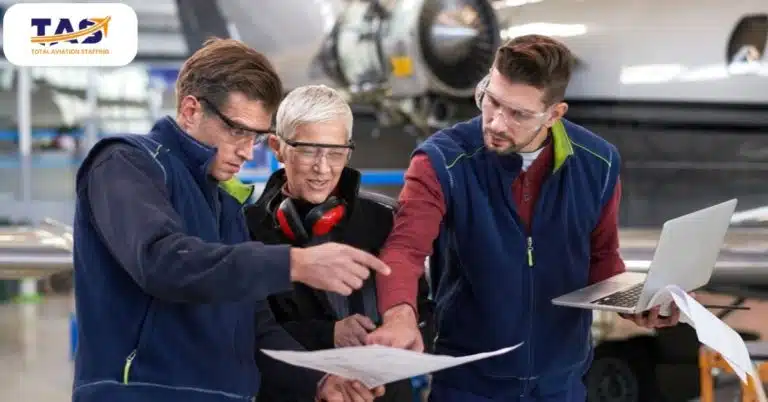
2. Strong Mathematical Skills
Aircraft mechanics must possess strong mathematical skills to be able to do their job. This layer of aviation knowledge is essential in order to understand aviation diagrams and charts, navigate complex aviation systems, calculate physical forces such as lift, thrust, and drag as well as calculate fuel requirements for aircraft.
A mastery of mathematics also allows for more accurate prediction and maintenance of aviation assets, ensuring smooth operations and the safe return of aircraft back to their intended destinations.
In addition, math is used in aviation safety evaluations, production quality control measures, hazardous materials identification and disposal processes. Without strong mathematical skills by those working in aviation fields, the overall level of aviation safety would be drastically reduced.
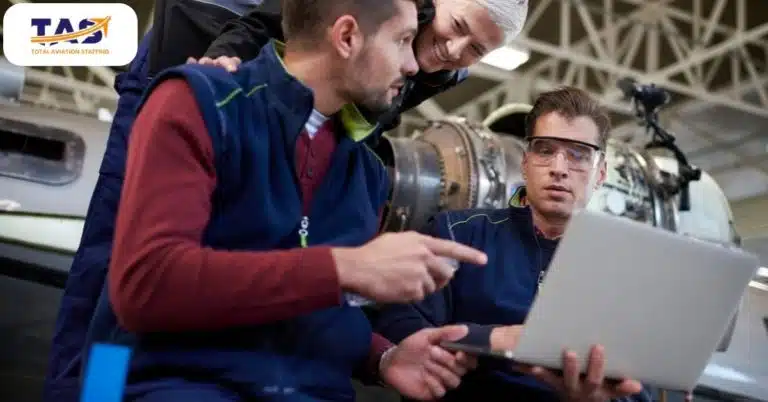
3. Knowledge of Aircraft Materials and Their Properties
The aviation industry demands that aircraft mechanics have extensive knowledge of aircraft materials and their properties. This knowledge needs to include the fundamental principles of aviation infrastructure, the selection of material types and grades appropriate for aviation purposes, and the construction techniques used in aviation parts.
Being able to research and identify suitable aviation materials with the highest standard of safety in mind is just as crucial as knowing which aviation materials are required to keep a structure safely functioning. Aircraft mechanics must take great care when making repairs or replacements with aviation materials, especially when it involves high-impact or high-load areas.
An awareness of aviation processes as well as a technical understanding of aerospace technologies are essential skills every aircraft mechanic needs in order to stay competent in this role.
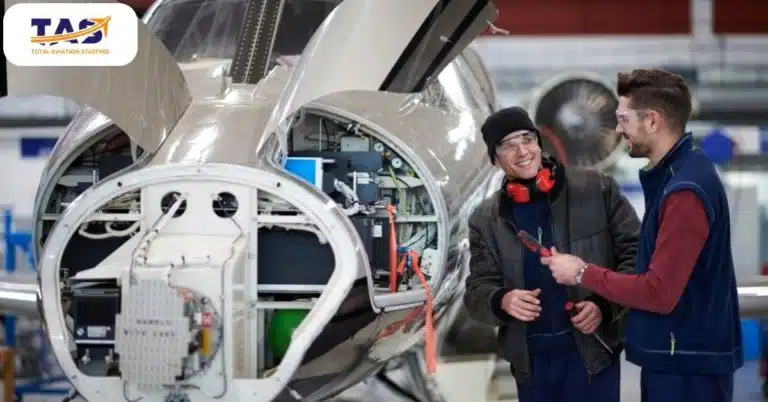
4. Ability to Use Hand and Power Tools
The ability to use hand and power tools is an essential skill for aircraft mechanics. These tools are used in the construction and maintenance of aircraft, either as part of a repair or during preventive maintenance.
Aircraft mechanics must have good dexterity as well as knowledge on the proper use of these tools in order to accomplish tasks such as drilling, cutting, soldering, and fastening.
They must also be able to identify the right tools for a job, as well as have the ability to inspect and replace broken or outdated hand and power tools when necessary.
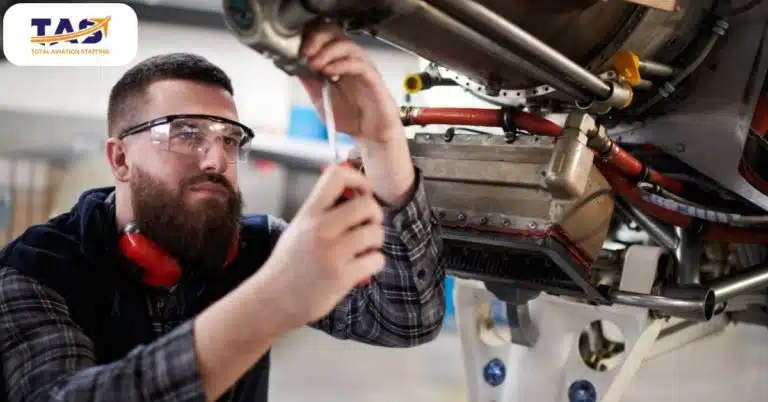
5. Ability to Work Effectively in a Team Environment
With the aviation industry relying heavily on teamwork, it is essential for aircraft mechanics to have the ability to work effectively in a team environment. They must not only be able to collaborate with their colleagues but also with engineers, pilots, and other members of the aviation team.
Aircraft mechanics must possess good communication skills in order to accurately explain their findings and make sure that the repairs are carried out properly. They must also be able to take feedback from their team members, manage conflicts efficiently, and work as part of a larger team.
Having these skills will enable aircraft mechanics to work better together to accomplish tasks safely and accurately.
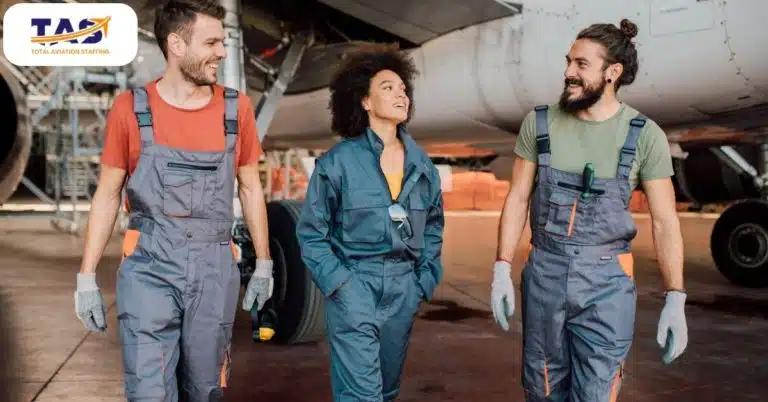
6. Good Communication Skills
Having good communication skills is essential for aircraft mechanics, as it allows them to explain their findings and recommendations clearly and accurately. They must also be able to communicate effectively with other members of the aviation team in order to ensure that repairs are carried out properly.
Good communication skills include being able to listen carefully, express ideas in a clear manner, and anticipate potential problems. Aircraft mechanics need to be able to recognize when something is going wrong and take the necessary steps to ensure that everyone involved understands how it can be resolved.
Having strong communication skills will help aircraft mechanics build trust with colleagues and other members of the aviation team, which is essential for creating a safe and efficient work environment.
These are just a few of the skills that aircraft mechanics need to possess in order to be successful in their role. Being able to work with a variety of materials and tools, having knowledge on aircraft systems and components, and having strong communication skills are all essential for an effective and safe career as an aircraft mechanic. It is also important for aircraft mechanics to remain up-to-date on aviation regulations so that they can ensure the safety of all passengers, crew, and cargo.
By having these skills and staying knowledgeable in the industry, aircraft mechanics are equipped with the necessary tools to succeed in their role.
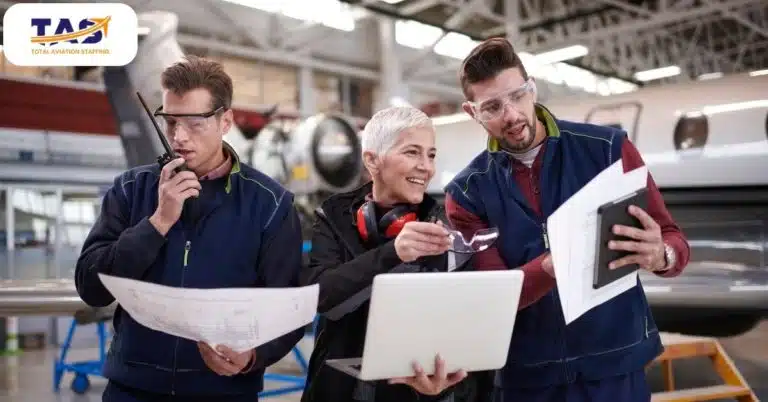
7. Flexibility to Work Overtime as Required
Due to the unpredictable nature of aviation maintenance, aircraft mechanics often have to work overtime in order to complete tasks on time. This can be due to weather delays or unexpected problems that require additional attention.
It is essential for an aircraft mechanic to be flexible and able to adjust their schedule accordingly so that they are able to meet deadlines without sacrificing the quality of their work. They must also be able to manage multiple tasks simultaneously in order to remain productive while working overtime.
Having the ability and willingness to work overtime when necessary is an essential skill for aircraft mechanics as it ensures that repairs are conducted safely and on time. This allows them to maintain high standards of safety and efficiency within the aviation industry.
By possessing these necessary skills and staying up-to-date on aviation regulations, aircraft mechanics can ensure their safety as well as the safety of all passengers, crew, and cargo. This is essential for a successful and safe career in the aviation industry.
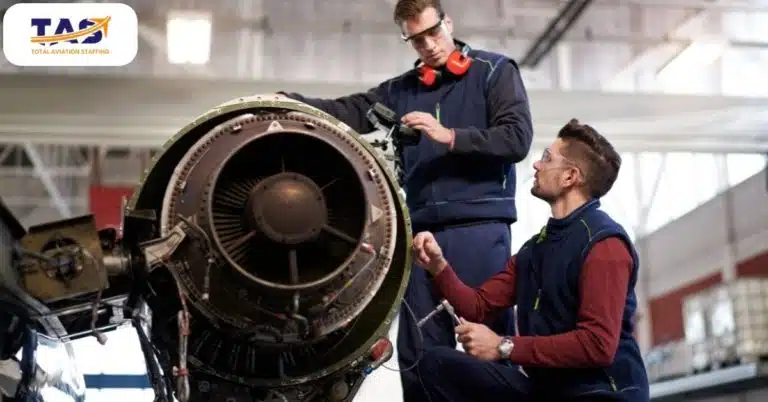
8. Keen Attention to Detail
Aircraft mechanics must have a keen attention to detail in order to identify potential problems before they become serious issues. They must be able to inspect aircrafts for defects and other safety issues, as well as diagnose any mechanical or electrical problems and take the necessary steps to repair them.
Having an eye for detail is essential for aircraft mechanics, as it enables them to identify issues and take the necessary steps to repair them. This helps ensure that aircrafts remain in working order and are safe for flight.
Having a keen attention to detail is an important skill for aircraft mechanics, as it allows them to maintain high standards of safety when inspecting and repairing aircrafts. Without this skill, they may not be able to identify and solve problems in time, which could lead to serious safety issues.
By possessing these skills and remaining up-to-date on aviation regulations, aircraft mechanics can ensure a safe and successful career in the aviation industry. This is essential for providing passengers with a safe and enjoyable flight experience.
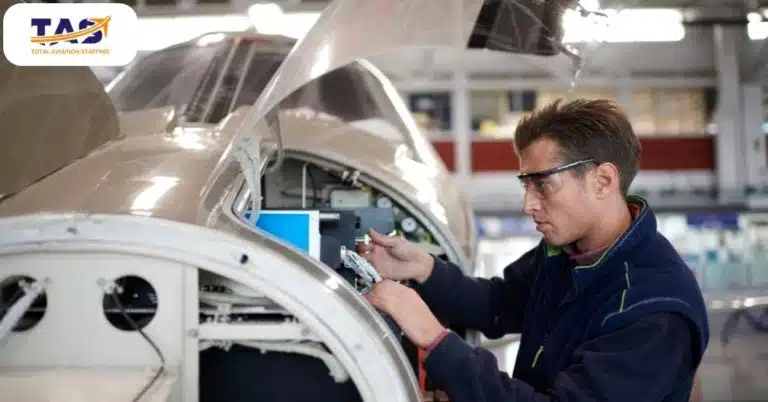
9. Pride in Your Workmanship
Having pride in your workmanship is an important quality that aircraft mechanics must possess. This means they must be able to take pride and satisfaction in the work that they do, ensuring that it is always of a high standard.
Aircraft mechanics need to have a strong sense of responsibility for their actions and ensure that every job is completed correctly and efficiently. This helps to ensure that each aircraft is maintained in the highest possible level of safety and security, ensuring a safe flight experience for passengers.
Having pride in their workmanship is essential for aircraft mechanics as it enables them to take responsibility for their actions and ensures they are providing passengers with a safe and comfortable journey. This also allows them to take pride in their work and gain satisfaction knowing they are ensuring the safety of all those who board a flight.
By having these skills and staying knowledgeable in the industry, aircraft mechanics can ensure a safe and successful career in the aviation industry. This is essential for providing passengers with a safe and enjoyable flight experience.
10. Willingness to Learn New Skills
Aircraft mechanics must be willing to learn new skills as technology advances and aviation regulations change. This is essential for staying up-to-date on industry standards, enabling them to perform their duties safely and efficiently.
Being able to quickly adapt to changing circumstances is an important skill that aircraft mechanics need in order to remain competitive. They must also possess a willingness to learn new skills in order to stay knowledgeable on the latest technologies and regulations.
Having a willingness to learn new skills is an important asset for aircraft mechanics, as it allows them to stay current in the industry and ensure they are providing passengers with a safe flight experience. Without this skill, they may not be able to meet the necessary safety standards and could potentially put passengers at risk.
By possessing these skills, aircraft mechanics can ensure a safe and successful career in the aviation industry. This is essential for providing passengers with a safe and enjoyable flight experience.
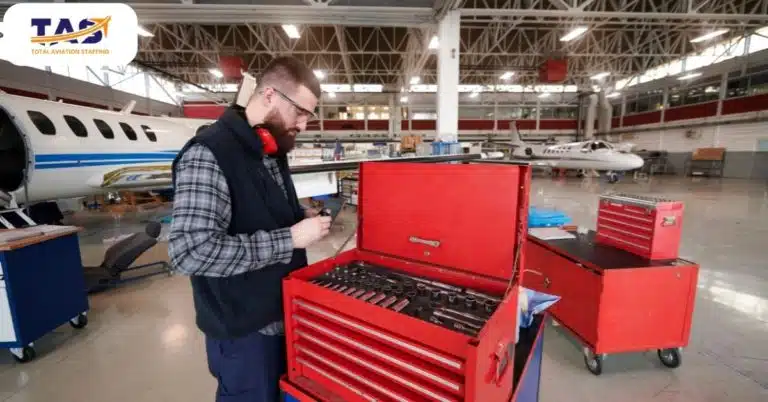
11.Ase Certification
For any aircraft mechanic to be employed in the United States, they must have an Airframe and Powerplant (A&P) certification. This is a certification issued by the Federal Aviation Administration (FAA), which demonstrates that the individual has met all requirements for performing repairs and maintenance on aircrafts.
The A&P certification requires individuals to pass an exam that tests their knowledge of aviation regulations, safety protocols, and aircraft maintenance. In order to obtain this certification, individuals must have the necessary skills and experience to safely perform repairs on aircrafts.
Having an A&P certification is essential for any aircraft mechanic as it demonstrates that they are qualified to work in the industry.
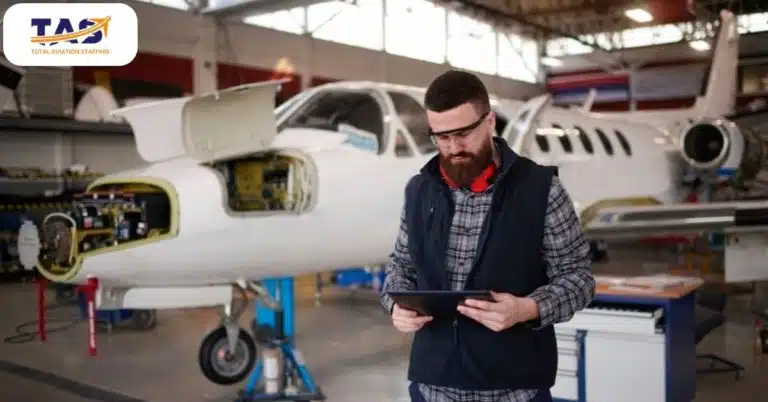
In conclusion
Aircraft mechanics must possess a range of skills and qualities in order to ensure a safe and successful career in the aviation industry. These include being able to work effectively as part of a team, having pride in their workmanship, possessing a willingness to learn new skills, and having an A&P certification. By having these skills, aircraft mechanics can ensure that they are providing passengers with a safe and comfortable flight experience.
